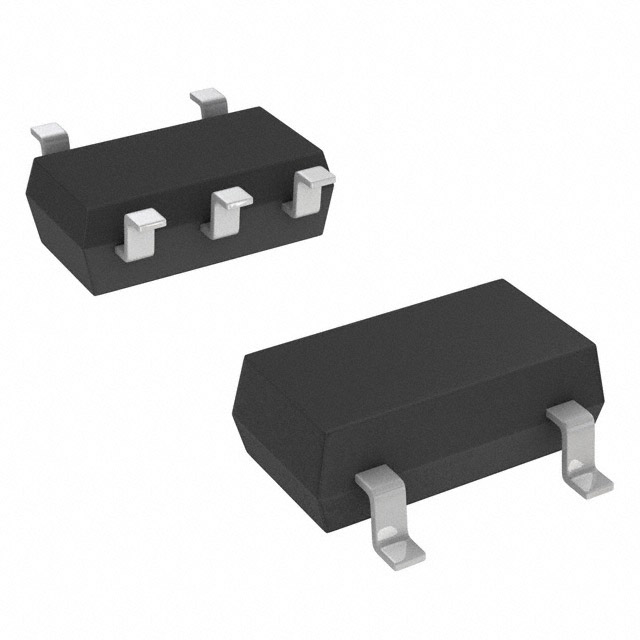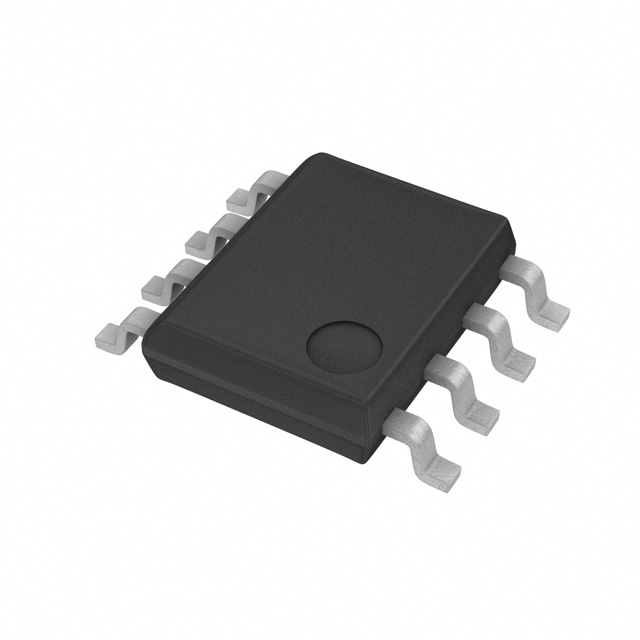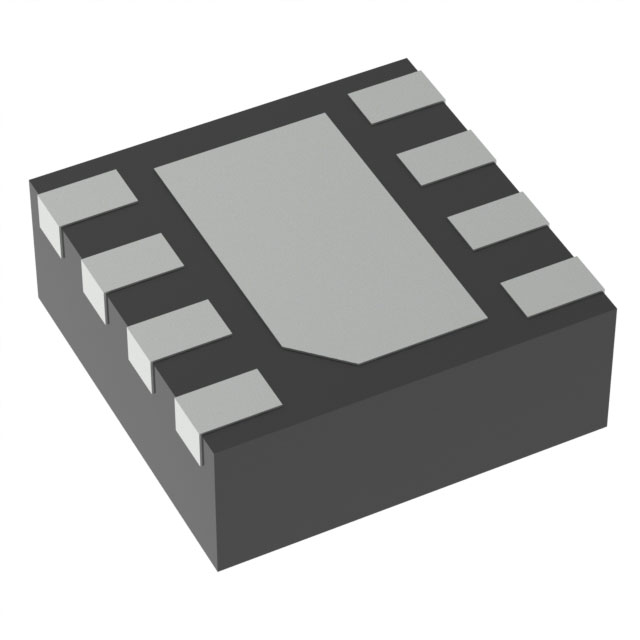NJU7116F-TE1
Manufacturer No:
NJU7116F-TE1
Manufacturer:
Description:
IC COMPARATOR 1 CMOS SOT23-5
Datasheet:
Delivery:





Payment:




In Stock : 0
Please send RFQ , we will respond immediately.









NJU7116F-TE1 Specifications
-
TypeParameter
-
Supplier Device PackageSOT-23-5 (MTP5)
-
Mounting TypeSurface Mount
-
Package / CaseSC-74A, SOT-753
-
Operating Temperature-40°C ~ 105°C
-
Hysteresis-
-
Propagation Delay (Max)5µs
-
CMRR, PSRR (Typ)-
-
Current - Quiescent (Max)1.5µA
-
Current - Output (Typ)-
-
Current - Input Bias (Max)1pA @ 3V
-
Voltage - Input Offset (Max)2.5mV @ 3V
-
Voltage - Supply, Single/Dual (±)1.8V ~ 3.6V
-
Output TypePush-Pull
-
Number of Elements1
-
TypeCMOS
-
PackagingTape & Reel (TR)
-
Product StatusActive
-
Series-
The NJU7116F-TE1 is an integrated circuit chip manufactured by New Japan Radio Co., Ltd. It is a low-power, low-voltage, and high-precision operational amplifier. Some of the advantages and application scenarios of this chip are:Advantages: 1. Low power consumption: The NJU7116F-TE1 is designed to operate at low power, making it suitable for battery-powered devices or applications where power efficiency is crucial. 2. Low voltage operation: It can operate at a low supply voltage, typically ranging from 1.8V to 5.5V, making it suitable for low-voltage applications. 3. High precision: The chip offers high precision in terms of voltage amplification and signal processing, making it suitable for applications that require accurate and reliable measurements. 4. Rail-to-rail input and output: It supports rail-to-rail input and output operation, allowing it to handle signals close to the supply voltage rails, maximizing the dynamic range and signal fidelity.Application Scenarios: 1. Portable devices: The low power consumption and low voltage operation of the NJU7116F-TE1 make it suitable for use in portable devices such as smartphones, tablets, portable media players, and wearable devices. 2. Sensor interfaces: The high precision and rail-to-rail input/output capabilities make it suitable for sensor interface applications, such as temperature sensors, pressure sensors, and light sensors. 3. Battery-powered systems: The low power consumption and low voltage operation make it ideal for use in battery-powered systems, such as wireless sensor networks, remote monitoring systems, and IoT devices. 4. Audio amplification: The high precision and rail-to-rail capabilities make it suitable for audio amplification applications, such as headphone amplifiers, portable audio devices, and audio signal processing. 5. Industrial and instrumentation: The high precision and low power consumption make it suitable for industrial and instrumentation applications, such as data acquisition systems, measurement equipment, and control systems.It is important to note that the specific application scenarios may vary depending on the requirements and specifications of the overall system design.
NJU7116F-TE1 Relevant information










